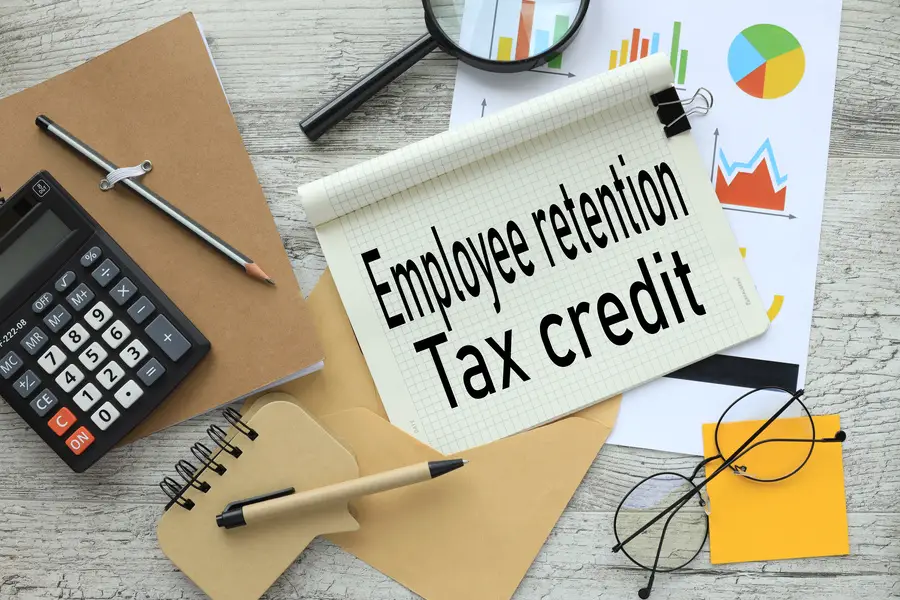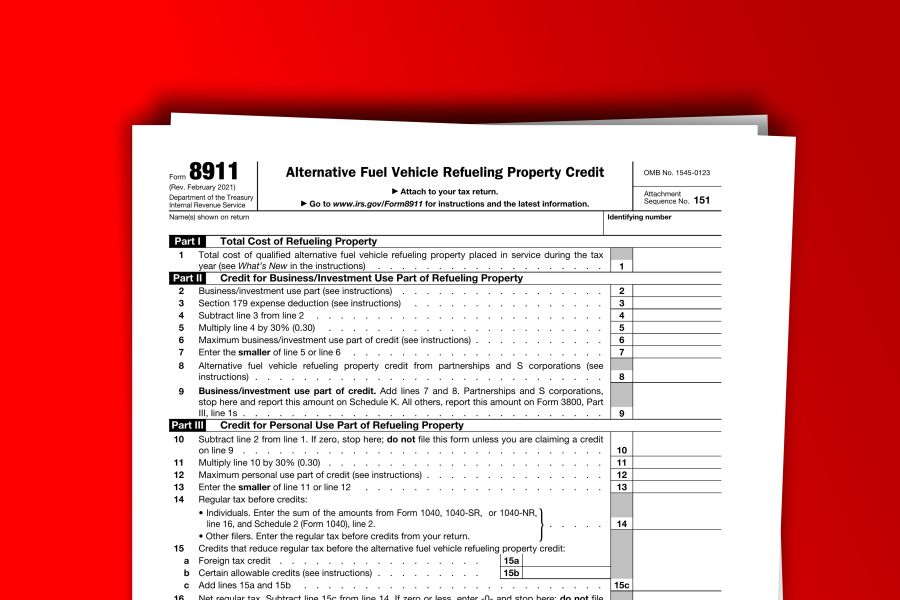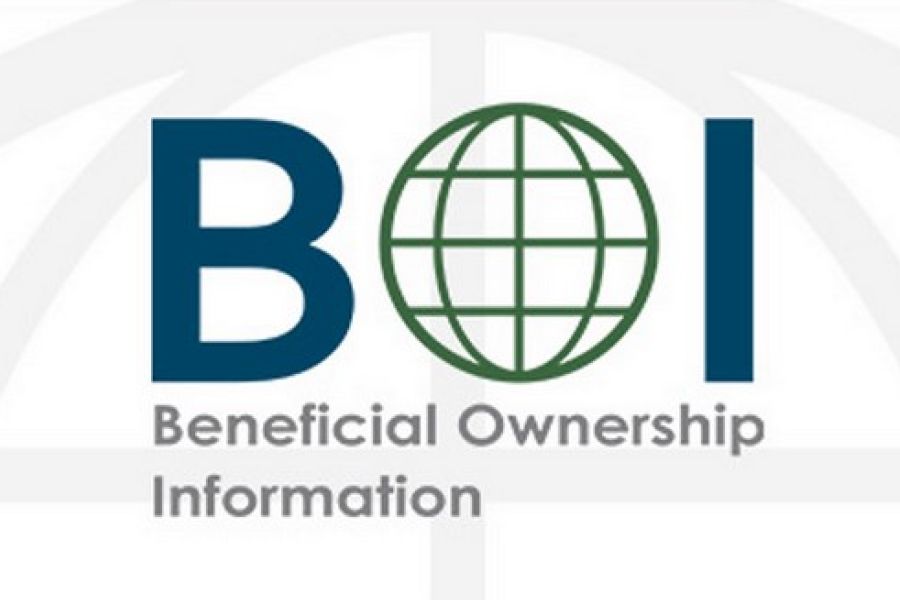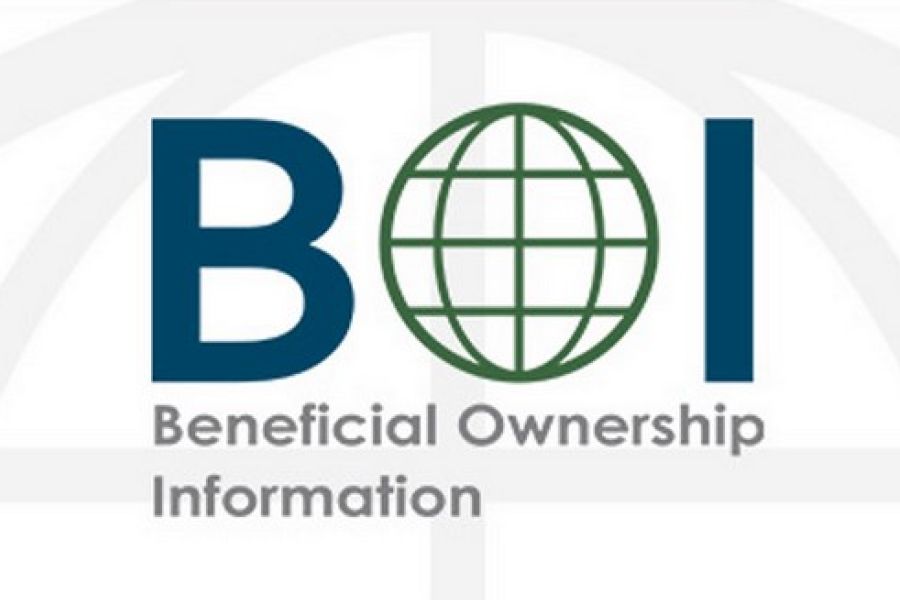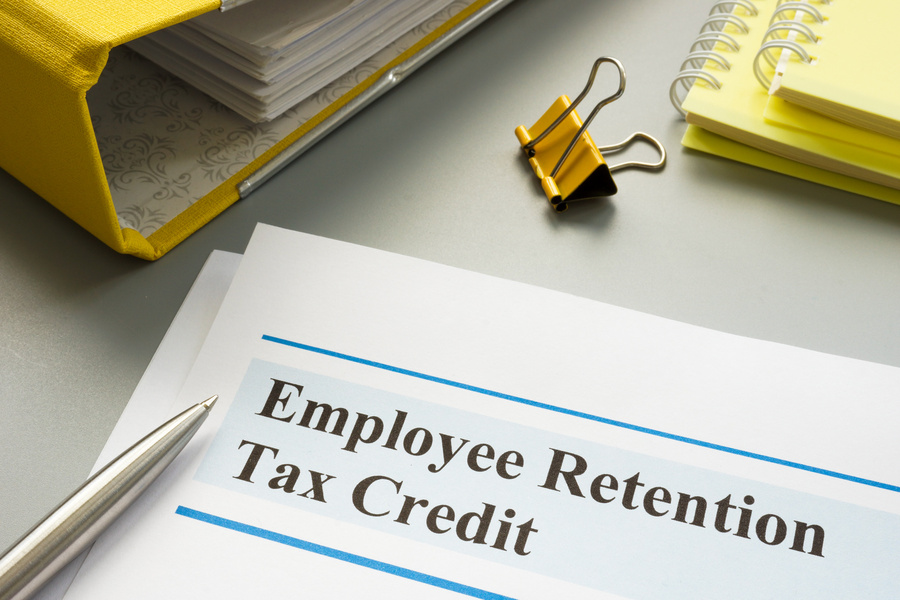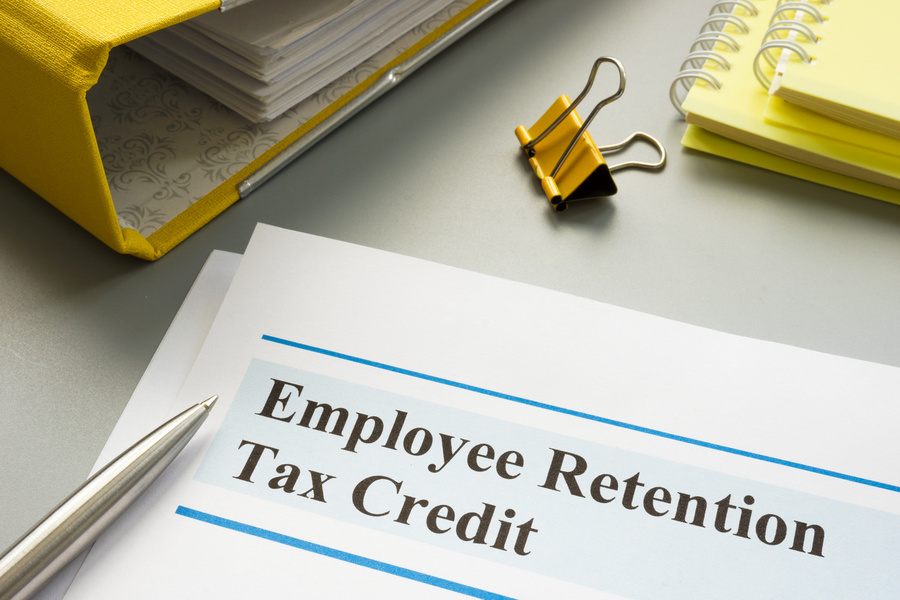As reported in IR-2024-46 Using Inflation Reduction Act funding and as part of ongoing efforts to improve tax compliance in high-income categories, the Internal Revenue Service announced on 2/21/24 plans to begin dozens of audits on business aircraft involving personal use. The audits will be focused on aircraft usage by large corporations, large partnerships and high-income taxpayers and whether for tax purposes the use of jets is being properly allocated between business and personal reasons. The IRS will be using advanced analytics and resources from the Inflation Reduction Act to more closely examine this area, which has not been closely scrutinized during the past decade as agency resources fell sharply. The number of audits related to aircraft usage could increase in the future following initial results and as...

The qualified business income (QBI) deduction is available to eligible businesses through 2025. After that, it’s scheduled to disappear. So if you’re eligible, you want to make the most of the deduction while it’s still on the books because it can potentially be a big tax saver. Deduction basics The QBI deduction is written off at the owner level. It can be up to 20% of: QBI earned from a sole proprietorship or single-member LLC that’s treated as a sole proprietorship for tax purposes, plus QBI from a pass-through entity, meaning a partnership, LLC that’s treated as a partnership for tax purposes or S corporation. How is QBI defined? It’s qualified income and gains from an eligible business, reduced by related deductions. QBI is reduced by: 1) deductible...
We are finding that, all too often, taxpayers that make Employee Retention Tax Credit (ERTC) claims by engaging a so-called “ERTC Mill” are never told of their responsibility to amend their applicable prior year federal income tax return(s), and are shocked to learn that they owe additional taxes, penalties and interest. In order to offset their wage expense for the amount of the credit claimed, taxpayers who file an amended Form 941-X to claim an ERTC refund must simultaneously file an amended income tax return(s) for the tax year(s) in which the ERTC-eligible wages were paid. Because of the resulting lower salary expense, this results in a higher tax burden for taxpayers with sizable ERTC refunds. Reasonable Cause Penalty Relief To the extent an ERTC was retroactively claimed,...
Although financial statement fraud is the least common form of occupational theft (9% of incidents), it costs organizations the most in financial losses, according to the Association of Certified Fraud Examiners. Businesses defrauded by financial statement schemes had median losses of $593,000. Early revenue recognition, which distorts profits and can artificially boost a business’s financial profile, is popular among financial statement fraud perpetrators. To comply with Generally Accepted Accounting Principles and preserve your company’s reputation, you must prevent such activities on your watch. It’s also important to be able to detect them in the financial statements of business partners, including acquisition targets and customers applying for credit. Schemes and warning signs Owners, executives and others with access to financial statements might recognize revenue improperly by delivering products early,...
As part of the SECURE 2.0 law, there’s a new benefit option for employees facing emergencies. It’s called a pension-linked emergency savings account (PLESA) and the provision authorizing it became effective for plan years beginning January 1, 2024. The IRS recently released guidance about the accounts (in Notice 2024-22) and the U.S. Department of Labor (DOL) published some frequently asked questions to help employers, plan sponsors, participants and others understand them. PLESA basics The DOL defines PLESAs as “short-term savings accounts established and maintained within a defined contribution plan.” Employers with 401(k), 403(b) and 457(b) plans can opt to offer PLESAs to non-highly compensated employees. For 2024, a participant who earned $150,000 or more in 2023 is a highly compensated employee. Here are some more details of this...
As reported via IR-2024-16 on 1/19/2024 The Internal Revenue Service and the Department of the Treasury today issued Notice 2024-20 to provide guidance on eligible census tracts for the qualified alternative fuel vehicle refueling property credit (the tax credit applicable to the installation of EV chargers) and to announce the intent to propose regulations for the credit. The Inflation Reduction Act amended the credit for qualified alternative fuel vehicle refueling property. The changes apply to qualified alternative fuel vehicle refueling property placed in service after December 31, 2022 and before January 1, 2033. Business vs Non-Business Property Property Not Subject to Depreciation The credit amount for property not subject to depreciation is 30% of the cost of the qualified property placed in service during the tax year. The credit is...
As the Financial Crimes Enforcement Network (FinCEN) opens its beneficial ownership information (BOI) reporting portal, its BOI webpage, reflects a fraud alert for individuals and entities who may be subject to beneficial ownership information (BOI) reporting. According to the FinCEN fraud alert, individuals and entities that may be subject to the beneficial ownership information (BOI) reporting requirements have been receiving fraudulent correspondence, via email or traditional mail, that appears as though it came from FinCEN. In some instances, the fraudulent correspondence may be titled "Important Compliance Notice" and ask the recipient to click on a URL or to scan a QR code. Be advised that e-mails or letters such as this are fraudulent, according to the alert. FinCEN cautions individuals that it does not send unsolicited requests for information,...
Starting in 2024 newly formed, corporations, limited liability companies (LLCs), limited partnerships, and other entities that file formation papers with a state’s Secretary of State’s office (or similar government agency) must file a report with the U.S. Treasury Department’s Financial Crimes Enforcement Network (FinCEN) providing specified information regarding the entity’s “beneficial owners” (the so-called BOI reporting requirement under the Corporate Transparency Act). Entities in existence prior to January 1, 2024, have until January 1, 2025, to file these reports. Penalties are steep This is part of the federal government’s anti-money laundering and anti-tax evasion efforts and is an attempt to look beyond shell companies that are set up to hide money. Unfortunately, this will impose burdensome reporting requirements on most businesses, and the willful failure to report...
The IRS just put up a new webpage and released FAQs having to do with the recently announced Employee Retention Tax Credit (ERTC) Voluntary Disclosure Program. ERTC Voluntary Disclosure Program On December 21, 2023, the IRS announced a new Voluntary Disclosure Program for businesses who claimed the ERC erroneously. The program is part of the IRS' continuing efforts to combat questionable ERTC claims. This special disclosure program affords taxpayers the ability to repay only 80% of the claim received. The program runs through March 22, 2024. New webpage: The new webpage provides information on the advantages of participating in the program, who can apply, how to apply, as well as next steps. FAQs: The FAQs provide detailed information on eligibility, the program process, calculating and paying the amount...
As reported via IR-2023-247 on 12/21/2023 As part of an ongoing initiative aimed at combating dubious Employee Retention Tax Credit (ERTC) claims, the Internal Revenue Service launched a new Voluntary Disclosure Program to help businesses who want to pay back the money they received after filing ERTC claims in error. The new disclosure program, which has been in the works for several months, is part of a larger effort at the IRS to stop aggressive marketing around ERTC that misled some employers into filing claims. The special disclosure program runs through March 22, 2024, and the IRS added provisions allowing repayment of 80% of the claim received. The IRS also continues to urge employers with pending ERTC claims to consider a separate withdrawal program that allows them to...




